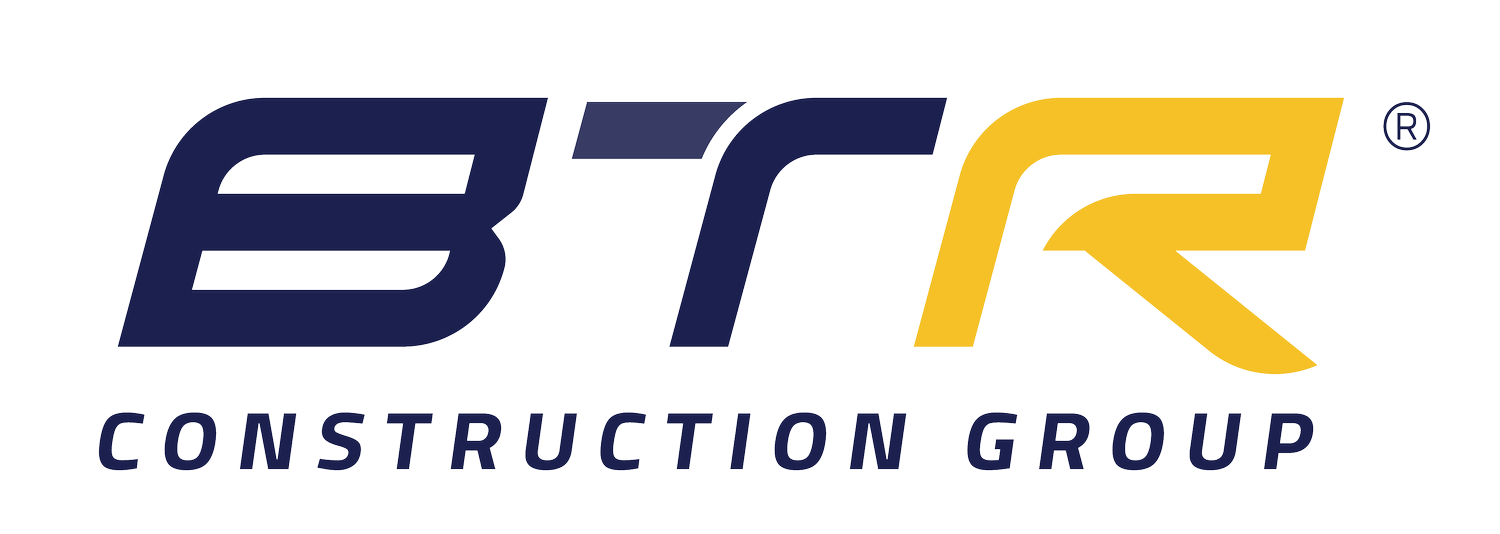When planning a commercial construction project in Dallas–Fort Worth, clients often expect challenges with design, budgeting, and timelines. What many don’t anticipate, however, is the impact of permitting delays. City permits are essential for ensuring compliance with zoning laws, safety codes, and environmental regulations, but the process can be complex—and slow.
Understanding why delays happen and how to prepare for them can make the difference between a smooth build and a stalled project. Let’s explore what clients need to know about navigating the permitting process in Dallas–Fort Worth.
Why Permitting Delays Are So Common in DFW
The Dallas–Fort Worth metroplex is one of the fastest-growing regions in the United States. With thousands of new commercial builds and renovations underway each year, local municipalities face an overwhelming number of permit applications.
Delays often happen because city offices are balancing high demand with limited staff. In addition, zoning requirements are complex, especially in areas undergoing redevelopment or mixed-use construction. Building codes are also evolving, particularly with environmental and energy-efficiency standards, which can require additional reviews. Finally, incomplete or inaccurate applications force developers to resubmit paperwork, extending the timeline even further.
Because each city in the metroplex—Dallas, Fort Worth, Plano, Arlington, and others—operates its own permitting system, timelines and requirements can vary widely.
The Ripple Effect on Commercial Projects
For developers and business owners, permitting delays don’t just push back construction—they create a ripple effect of challenges. Costs often increase because equipment rentals and labor scheduling need to be adjusted. Delays can affect leasing agreements, creating tension with tenants who expect a timely move-in. Financing may also be impacted, as lenders tie funds to progress milestones. Contractors themselves may face scheduling conflicts that disrupt other projects.
This is why pre-construction planning is critical. Anticipating permitting challenges early helps projects stay closer to budget and schedule. (For more on this, see Why Pre-Construction Planning is Critical for a Successful Commercial Build).
How Experienced Contractors Help Clients Navigate Delays
The permitting process doesn’t have to be a guessing game. An experienced commercial contractor with local expertise can streamline the journey. Here’s how:
Early Engagement: Contractors often begin discussions with permitting officials before plans are finalized, reducing the chance of rejections.
Comprehensive Applications: Professionals ensure every required document is complete, from architectural drawings to environmental reports.
Local Knowledge: Familiarity with each city’s process helps anticipate obstacles—like whether a zoning variance or traffic impact study might be required.
Realistic Scheduling: Contractors build permit timelines into the overall project schedule, setting proper expectations for stakeholders.
By partnering with a team that knows how Dallas–Fort Worth operates, clients minimize surprises.
Steps Clients Can Take to Avoid Costly Delays
While much of the permitting timeline is outside of a client’s control, there are proactive steps that can reduce risk. The first is to clearly define your project scope early, as last-minute design changes almost always require new approvals. It’s also wise to allocate part of your budget specifically for permitting-related expenses and delays, so unexpected costs don’t derail your financing.
Another smart move is to ask your contractor for a permitting roadmap with expected milestones, giving you visibility into where bottlenecks may occur. Finally, stay responsive during the process—client approvals or signatures are sometimes required mid-way, and quick turnaround can keep your project on track.
These measures may not eliminate delays entirely, but they give you more control over the outcome.
DFW-Specific Considerations
Unlike smaller cities, Dallas–Fort Worth jurisdictions require businesses to prepare for multiple layers of approvals. For example, the City of Dallas Department of Development Services manages commercial building permits, trade permits, and zoning verification. Each of these can involve separate reviews, making the timeline unpredictable.
Fort Worth, on the other hand, has its own permitting office with slightly different rules. For clients with projects spanning across multiple cities, aligning expectations is key.
The Bottom Line
Commercial permitting delays in Dallas–Fort Worth are a reality, but they don’t have to derail your project. By working with a contractor who understands the system, preparing for realistic timelines, and keeping communication lines open, clients can save both time and money.
At BTR Construction Group, we specialize in guiding clients through the complexities of commercial construction in DFW. From budgeting and planning to navigating city approvals, our team ensures you’re informed every step of the way.
Ready to Build Without Unnecessary Delays?
Contact BTR Construction Group today to discuss your upcoming commercial project. We’ll help you anticipate challenges, streamline permitting, and deliver results on time.
📞 Call us at 469-243-4946
📧 Email: [email protected]
🌐 Visit: btrconstructiongroup.com






















